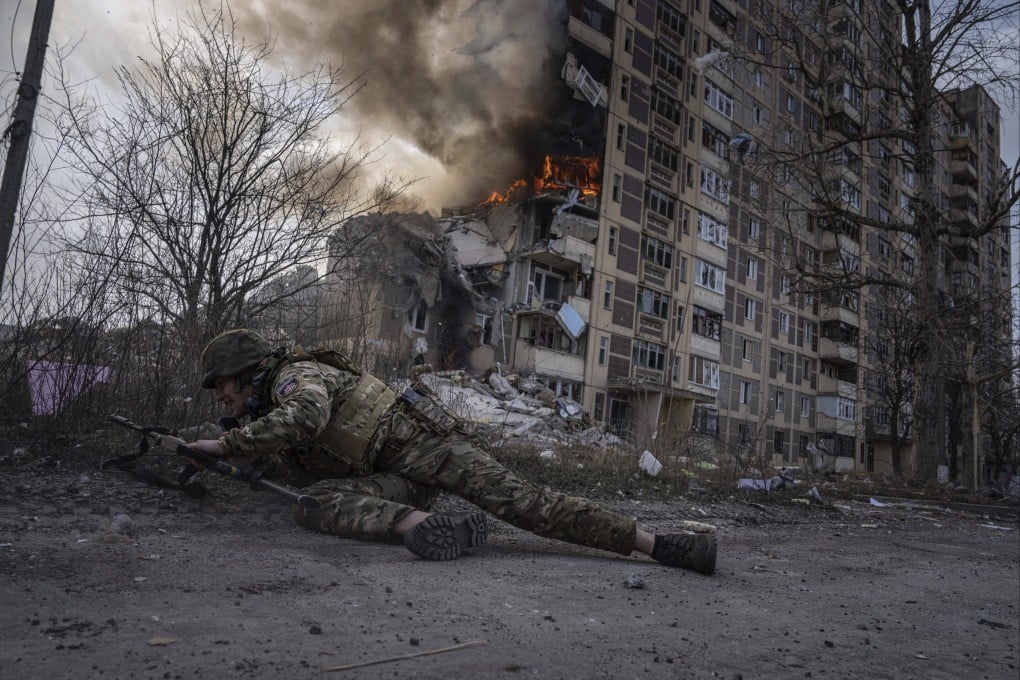Advertisement
Opinion | A ceasefire and Ukraine’s territorial integrity are not mutually exclusive. The US should stop opposing it
- US arguments that China’s peace plan, which includes a call for ceasefire, would ratify Russia’s conquest and give it time to rearm simply don’t hold water
- Given the risk of nuclear war, any nation genuinely interested in the well-being of the people of the world should not obstruct a ceasefire
Reading Time:3 minutes
Why you can trust SCMP
83

Amid the fighting in Ukraine, China in February released a 12-point paper outlining its position on a “political settlement” to the war. In what is seen as China’s peace plan, Beijing calls for the respect of the sovereignty of all countries, and opposes unilateral sanctions. It also proposes a ceasefire and a return to negotiations.
China’s peace plan resonates in much of the world. Brazilian President Luiz Inacio Lula da Silva, who has criticised the US for not seeking peace, praised the initiative and suggested the world needs more peacemakers, like China. This is typical of the position in the Global South as they look to China to help end a war that has wrought enormous misery in the world.
In Europe, where China’s motives have been questioned, several leaders appear to be seeing value in China’s initiative. Spain’s Prime Minister Pedro Sánchez was in Beijing this week to discuss peace prospects. French President Emmanuel Macron, who recently billed China’s peace efforts as “positive”, also plans to confer on the initiative during his planned trip to Beijing next week.
Advertisement
European Commission president Ursula von der Leyen, who has rejected Beijing’s peace plan but acknowledged that China has a “constructive role” to play in advancing peace, will join Macron on the trip.
But China’s call for a ceasefire has met fierce opposition from the Biden administration. The White House called it “unacceptable” and dismissed it as amounting to the ratification of “Russia’s conquest”, implying that China would disregard Ukraine’s territorial integrity. It was also claimed a ceasefire would give Russia time to rearm against Ukraine.
Advertisement
It is true that China and Russia enjoy close ties. But China’s position on the Ukraine conflict is based on facts and the interests of the people of the world as part of its efforts to build a world community with a shared future. While largely sharing Moscow’s view on the causes of the war, China did not endorse Russia’s “special military operation”.
Advertisement
Select Voice
Select Speed
1.00x
